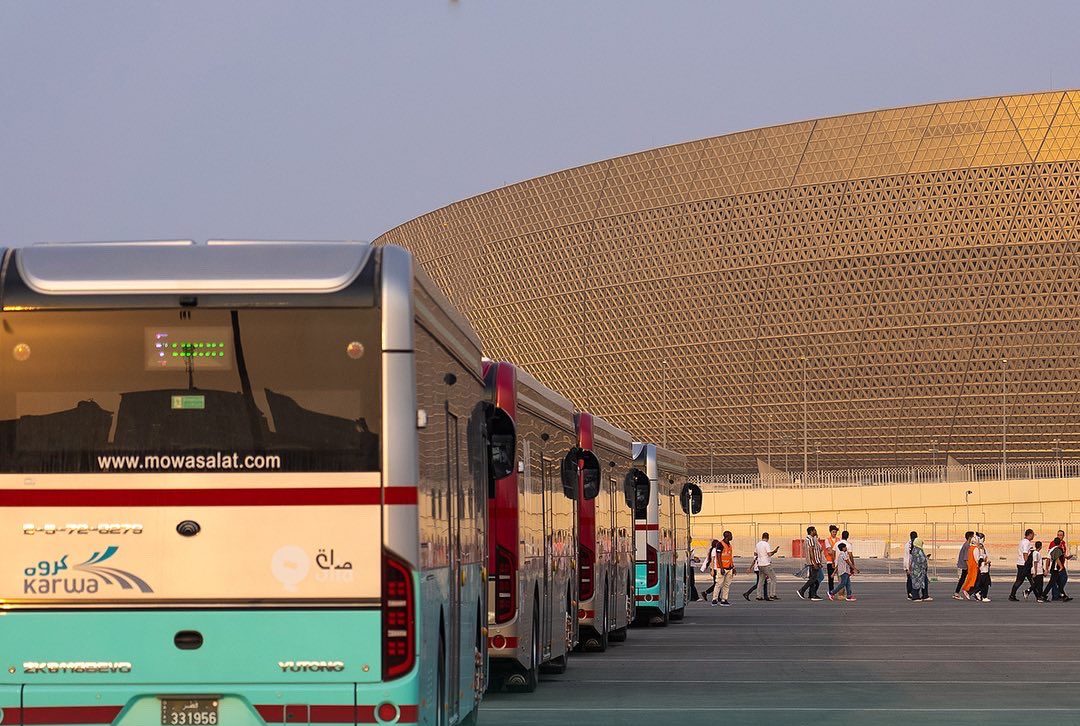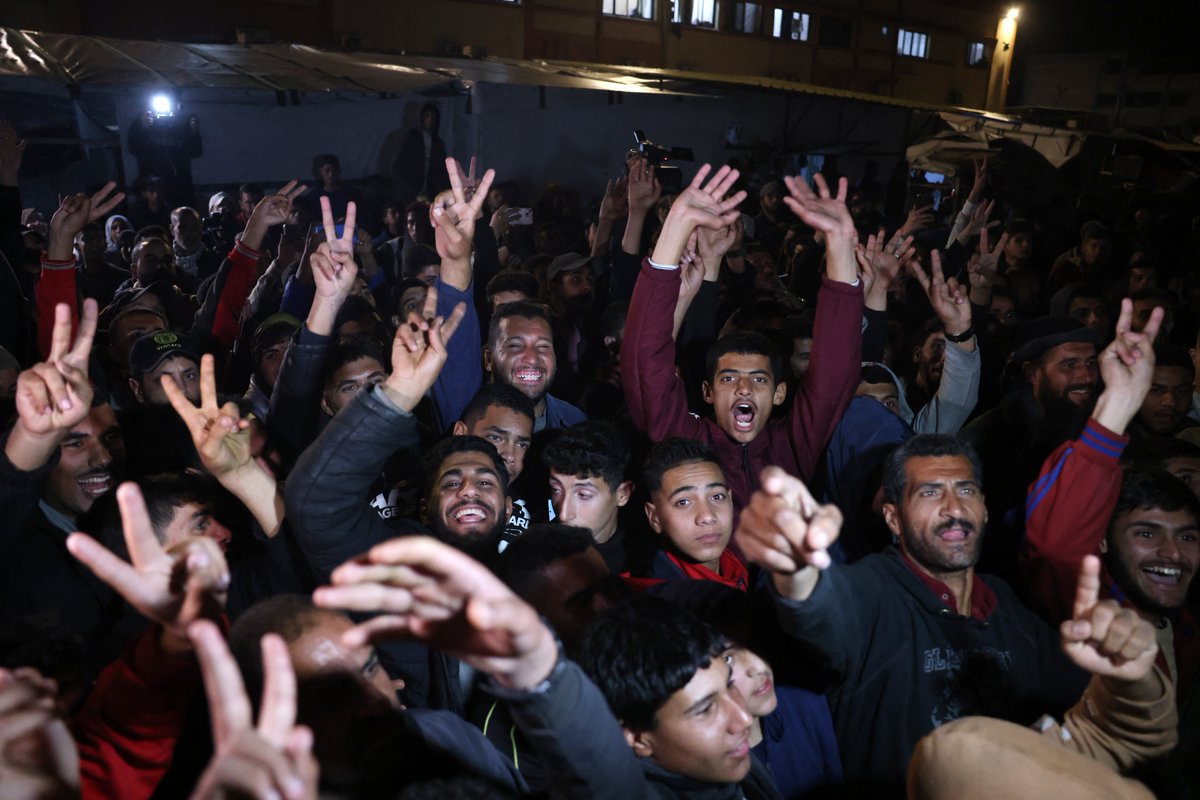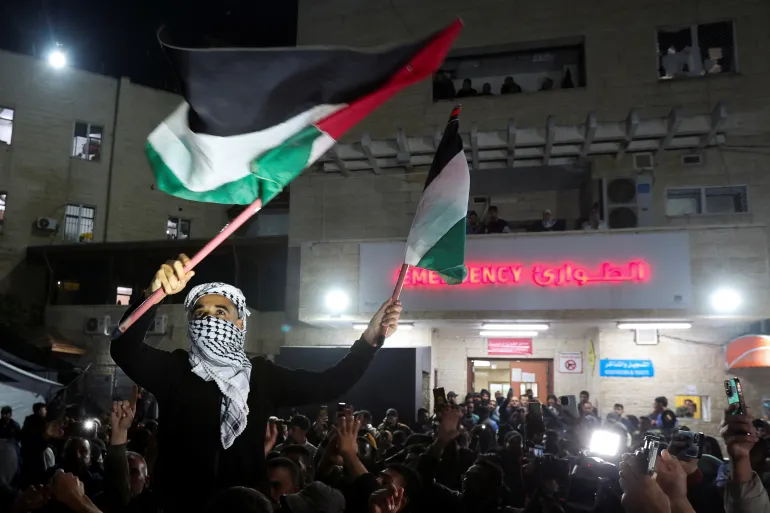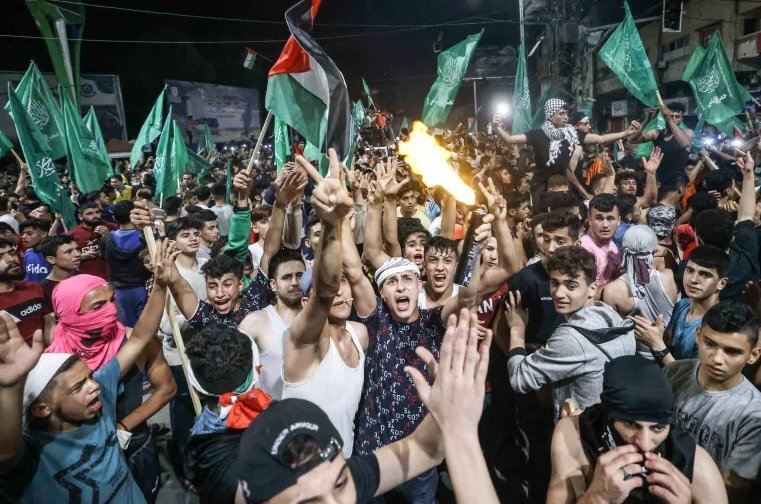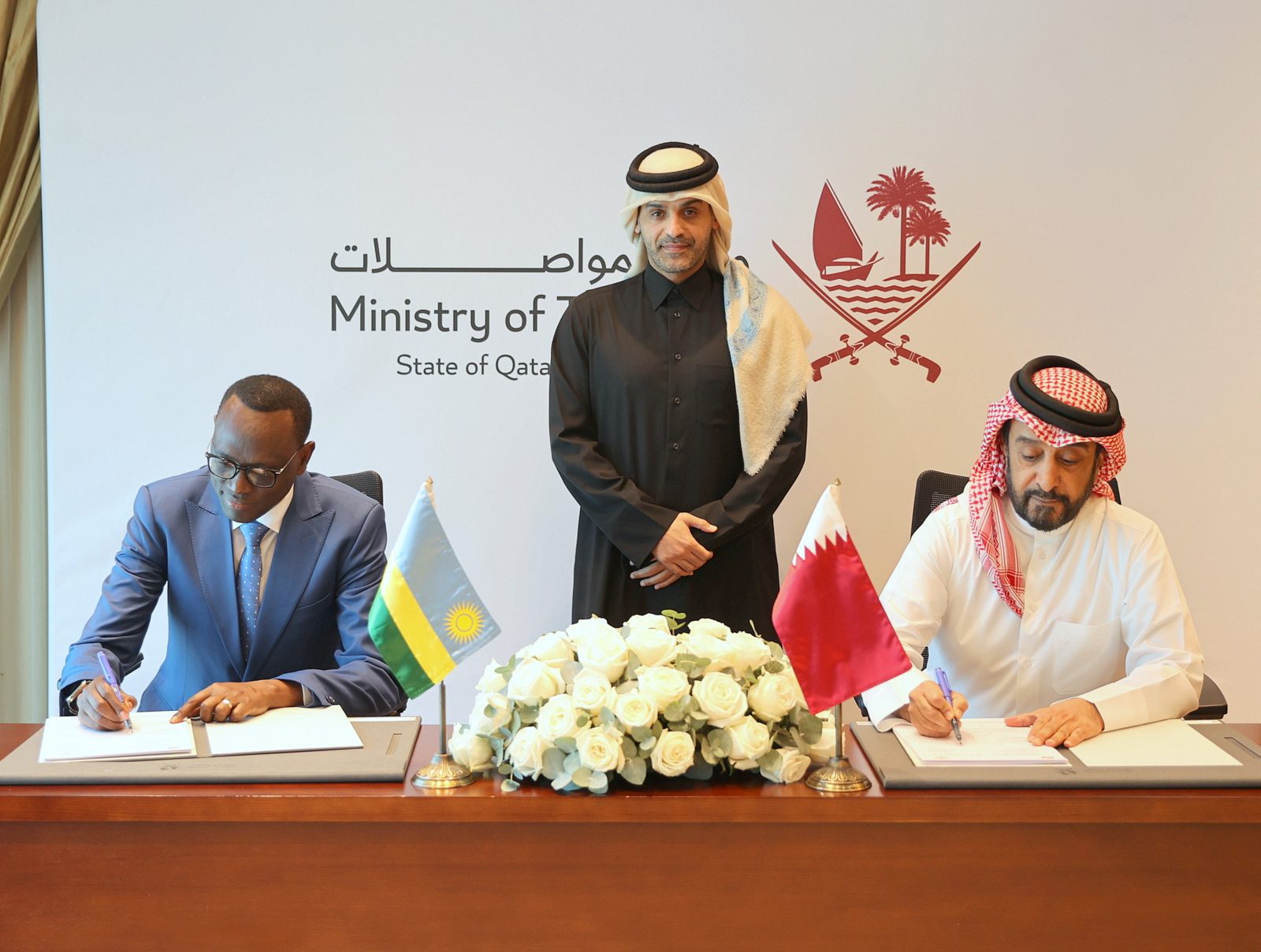Qatar was the first country to offer direct support for the Lebanese in the aftermath of the Beirut explosion, pledging more than $70 million in donations.
Qatar is set to donate buses used to transport fans during the World Cup to Lebanon to help address the transportation crisis in the country, according Lebanese media.
As part of the Qatar 2022 legacy, the Gulf state will give away some World Cup-related infrastructure to a number of countries, especially those plagued by difficult economic conditions. This includes thousands of stadium seats, entire football stadiums and buses.
In addition to the 1,000 buses that were already in the Gulf state, Qatar also purchased approximately 3,000 more, all of which were used to transport spectators for free throughout the tournament.
Some sources told local Lebanese media that the Qataris promised to provide stadium seating for some municipal stadiums as well as the sports city in Beirut. However, the Lebanese side suggested that the move only includes a number of buses.
Doha’s aim to give some World Cup-related infrastructure to some countries, especially those plagued by difficult economic conditions, served as the inspiration for the concept, which falls in line with the Qatar 2022 legacy.
Doha News has contacted authorities in Qatar but has yet to receive a response at the time of publishing.
The move was reportedly exchanged between Lebanon’s Prime Minister Najib Mikati and Qatari officials during the major sporting event. Caretaker Public Works Minister Ali Hamieh also discussed the matter with Qatar’s Minister of Transport Jassim bin Saif bin Ahmed Al Sulaiti, reports said.
Al Akhbar newspaper also discovered that Mikati discussed this with Qatar’s Foreign Minister Mohammed bin Abdulrahman Al Thani, who has lead a vocal and active role in calling for urgency in resolving Lebanon’s decades-long crises.
Sheikh Mohammed travelled to the crises-hit country mid-last year, when he offered to provide Qatari assistance amid Lebanon’s socio-economic turmoil.
At the time, Qatar expressed its commitment to providing the Lebanese army with 70 tonnes of food per month for an entire year to help alleviate some burdens for authorities in Beirut.
In another trip to Beirut in February last year, Qatar’s foreign minister also expressed his readiness to support Lebanon’s economy once it forms a government.
Lebanon, however, tussles with more than simply a bus deficit as it also faces serious issues related to the fuel supply for these buses and the continuation of their maintenance.
Hamieh therefore proposed that the government permit the Public Works Ministry to enter into agreements with the private sector overseeing the buses to handle their operation and maintenance.
Citing sources in touch with the Qatari side, Lebanese media said a proposal has been discussed to create a private Qatari firm or to launch a collaboration between both nations to operate the vehicles, oversee their management, and develop repair facilities.
The control and planning authority, as well as a portion of the company’s earnings, will continue to belong to the Lebanese government, the report alleged.
Should there be an official opportunity, Hamieh told Al Akhbar, his ministry is prepared to facilitate all of the prerequisites of this move.
In Lebanon, high fuel and maintenance costs have pushed most companies working on large bus lines or vans, as well as many taxi drivers, to halt working under these conditions.
Decades-long crises
Lebanon’s worsening situation was exacerbated by the Covid-19 outbreak and the tragic Beirut port blast in 2020. At least 200 people were killed by the explosion, and families of the victims have continued to demand accountability two years on.
Qatar was the first country to offer direct support for the Lebanese in the aftermath of the explosion, pledging more than $70 million in donations.
Despite billions of aid sent to the country in response to the tragedy, Lebanon has yet to financially recover.
The Lebanese currency hit an all-time low after losing more than 90% of its value to the US dollar since 2019. At least 80% of the country’s population now live in poverty.
Many in Lebanon are also unable to access their savings at banks across the country, which have been targeted by a number of break ins by locals desperate for their money.
Qatar has extended a helping hand to the crises-hit country on multiple fronts.
Doha helped Lebanon secure some 991,000 litres of fuel in July as locals were left unable to survive under continuing inflation that created a large rate of poverty.

